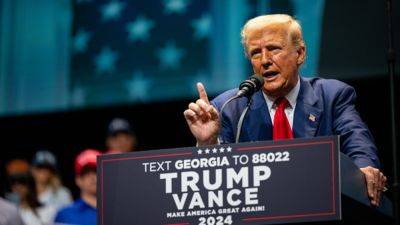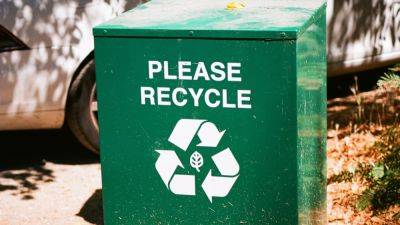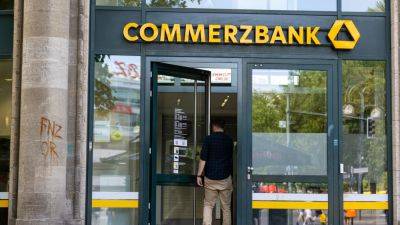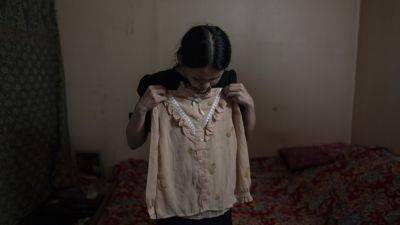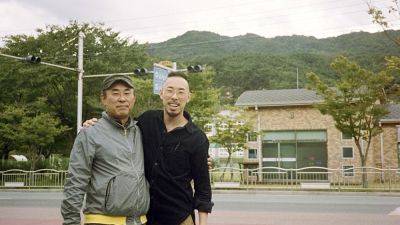Western nations were desperate for Korean babies. Now many adoptees believe they were stolen
Yooree Kim marched into a police station in Paris and told an officer she wanted to report a crime. Forty years ago, she said, she was kidnapped from the other side of the world, and the French government endorsed it.
She wept as she described years spent piecing it together, stymied at every turn to get an answer to a simple question: How was she, a bright, diligent schoolgirl, with known parents whom she loved, documented as an abandoned orphan in South Korea in 1984 and sent to strangers in France? She believes the government of France — along with many Western nations — allowed families to “mail order children” through international adoption, and did nothing to protect them.
“They were reckless,” she said. “They never questioned anything. They never checked where I was from. They never checked whether my parents existed or not.”
Kim was caught in an adoption machine that sent hundreds of thousands of Korean children to families in the United States, Europe and Australia. Now adults, many have since discovered that their adoption paperwork was untrue, and their quest for accountability now has spread far beyond South Korea’s borders to the Western countries that claimed them.
Those governments turned a blind eye to rampant fraud and sometimes pressured the South Korean government to keep the kids coming, an investigation led by The Associated Press has found. Documents show that at the peak of adoptions from South Korea, Western diplomats processed papers like an assembly line, despite evidence that adoption agencies were aggressively competing for babies to send abroad, pressuring mothers and paying hospitals. Governments focused on satisfying intense demand from Western families desperate for children.
The AP, in


